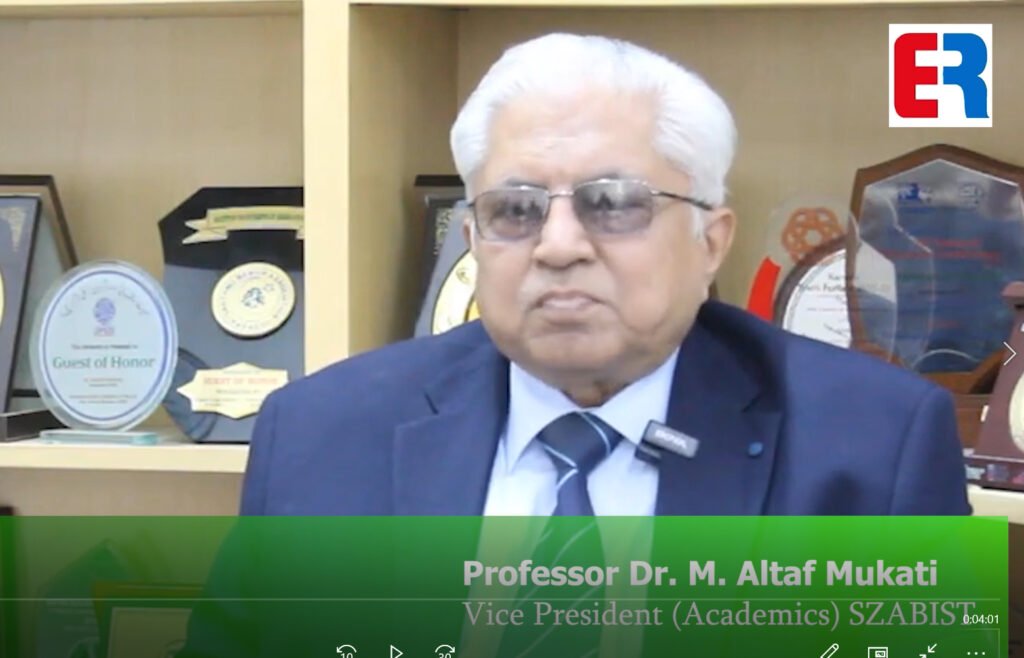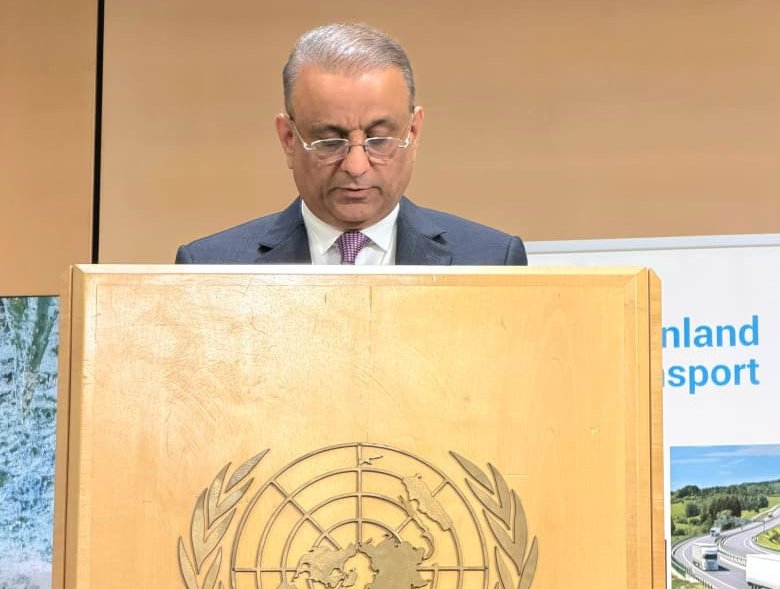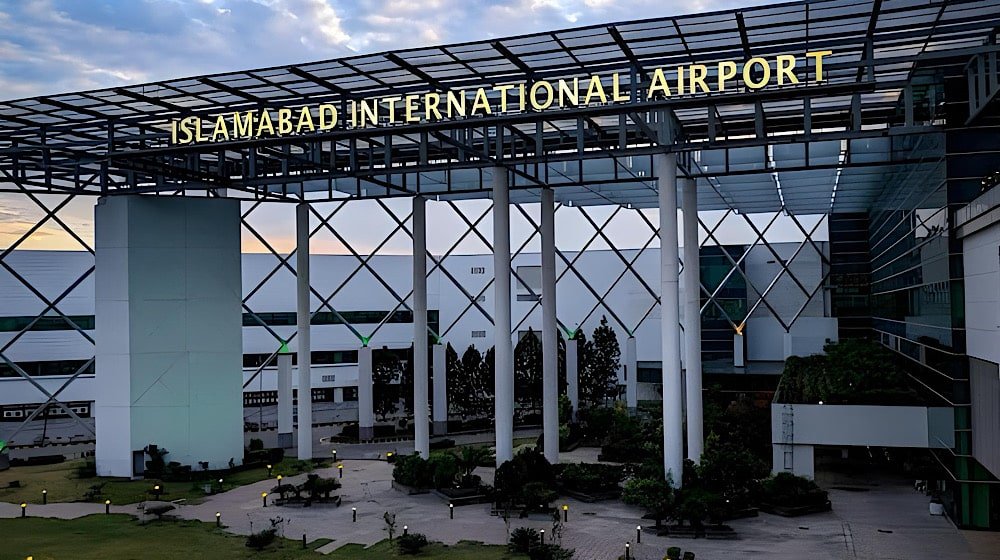PAKISTAN
In a significant move to accelerate the implementation of the URAAN Pakistan initiative, two landmark Memoranda of Understanding (MoUs) were signed in London between leading Pakistani universities and the University of Cambridge and its affiliate, Cambridge Enterprise Ltd.
The signing ceremonies were witnessed by Federal Minister for Planning, Development & Special Initiatives, Professor Ahsan Iqbal, who hailed the development as “a historic step toward building Pakistan’s knowledge economy.”
Collaboration in Materials Science and Emerging Technologies
The first MoU was signed between the University of Cambridge and Quaid-i-Azam University (QAU), Islamabad, to foster joint research and academic collaboration in Materials Science and Emerging Technologies. The partnership aims to enhance Pakistan’s research capacity, strengthen academic excellence, and promote innovation in frontier scientific disciplines.
Minister Ahsan Iqbal announced that the government has approved PKR 3.5 billion to establish the Institute of Materials and Emerging Sciences in collaboration with Cambridge, along with US $0.7 million for faculty and student exchanges, joint research projects, and technology transfer.
“Materials science is the quiet engine of the new economy—it powers aerospace, clean energy, healthcare, and digital manufacturing,” he said. “This partnership will convert lab innovations into real products and industrial applications.”
He noted that the initiative aligns with the URAAN Pakistan and 5Es Framework—Exports, E-Pakistan (Digital), Energy & Infrastructure, Environment & Climate, and Equity & Empowerment—which seek to transform research into economic impact.
“Our success will be measured not by MoUs but by measurable results—from promise to prototypes, and from prototypes to products,” he added.
Strengthening Pakistan’s Innovation and Entrepreneurship Ecosystem
The second MoU was signed between Cambridge Enterprise Ltd., United Kingdom, and the Pakistan Institute for Development Economics (PIDE), Islamabad. The agreement was inked by Ms. Caroline Hyde, Head of Ecosystem Initiatives and Partnerships at Cambridge Enterprise, and Dr. Nadeem Javaid, Vice Chancellor of PIDE.
This collaboration is designed to strengthen Pakistan’s innovation and entrepreneurial ecosystem, connecting Pakistani universities and startups with global accelerators, venture capital networks, and technology partners.
Minister Ahsan Iqbal described the agreement as a step toward “a new era of innovation-led growth,” emphasizing that entrepreneurship is “a nation-building engine that transforms research into products, raises productivity, and links youth with global markets.”
“With Cambridge Enterprise’s global expertise and PIDE’s policy leadership, Pakistan is building an ecosystem that turns ideas into enterprises and knowledge into competitiveness,” he remarked.
He further highlighted that the government has already launched the Innovation Fund and Bridge-Start programs to support young entrepreneurs, and the Cambridge partnership will introduce international mentorship and co-investment opportunities for Pakistani innovators.
Toward a World-Class Innovation Hub
Concluding the ceremony, Minister Ahsan Iqbal stressed that continued collaboration between Pakistani institutions and Cambridge would ensure the evolution of a world-class center of excellence, driving innovation, technology transfer, and industrial growth in Pakistan.
“This partnership is not just about research—it’s about reshaping Pakistan’s future through innovation, enterprise, and global collaboration,” he stated. – PID/ERMD
MORE NEWS
SZABIST to Close Dubai Campus After HEC Policy Constraints: Dr. M. Altaf Mukati
PAKISTAN SZABIST University has announced the closure of its Dubai campus, with the last batch…
OGDCL Announces Oil, Gas Discovery at Baragzai X-01 Well in KP
PAKISTAN Oil and Gas Development Company Limited (OGDCL) has announced a new oil and gas…
Aleem Khan Invites Global Investors to Invest in M-6 Sukkur–Hyderabad Motorway Project
PAKISTAN Abdul Aleem Khan has underscored Pakistan’s growing role as a vital “economic bridge” linking…
OGDCL Tests New Gas and Condensate Well at Dars West Field in Sindh
PAKISTAN Oil and Gas Development Company Limited (OGDCL) has successfully tested a new development well…
HBL Reappoints Muhammad Nassir Salim as President & CEO for Two-Year Term
PAKISTAN Habib Bank Limited (HBL) has announced the reappointment of Mr. Muhammad Nassir Salim as…
PC Board Forms Committee to Negotiate with ADB on Islamabad Airport Privatisation
PAKISTAN The Privatisation Commission Board (PC Board), in its 248th meeting held on Monday, constituted…







